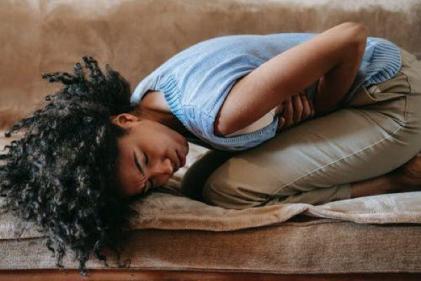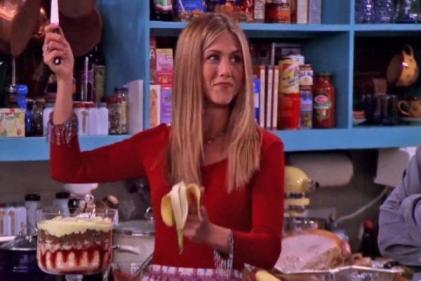In most modernised countries, measles or rubella is non-existent thanks to the measles vaccination. However, there are outbreaks of measles from time to time which affect mostly unvaccinated children.
Measles is caused by a viral infection called paramyxovirus. The disease is spread through the air in particles from the coughs or sneezes of an infected person. The virus can live for two hours in the air and on surfaces. If an unvaccinated child breathes in the virus, they can become infected. Children who are not vaccinated have a 90 percent chance of acquiring the virus if they come in contact with an infected person.
Once exposed, it takes from 7 to 18 days for the symptoms to appear. An infected child is contagious four days prior to the appearance of the rash.
The first symptoms of measles are usually fever, runny nose, cough, and runny eyes. The rash will appear a few days later usually starting on the face and neck and progressing to other parts of the body. In the beginning stages, the rash looks like red patches that are flat but soon begin to rise. Fever will climb and can become dangerously high. There may be nausea, diarrhoea, and swollen lymph nodes as well. The rash is very itchy and will last about five days.
Complications can include ear infections, pneumonia, meningitis, encephalitis, and other brain related illnesses.
When a child has measles, treatment should focus on keeping the child comfortable while making sure they are well hydrated. A cool mist humidifier will help with the cough and over the counter children’s pain relievers will bring down the fever and reduce the body aches.
If a baby under six months of age has been exposed to someone that has measles and has not yet been vaccinated, the doctor may recommend an injection of immune globulin to reduce the chances of contracting measles. This will only work if the exposure was within the last six days. For a child 6 months or older, the window is only 72 hours.









